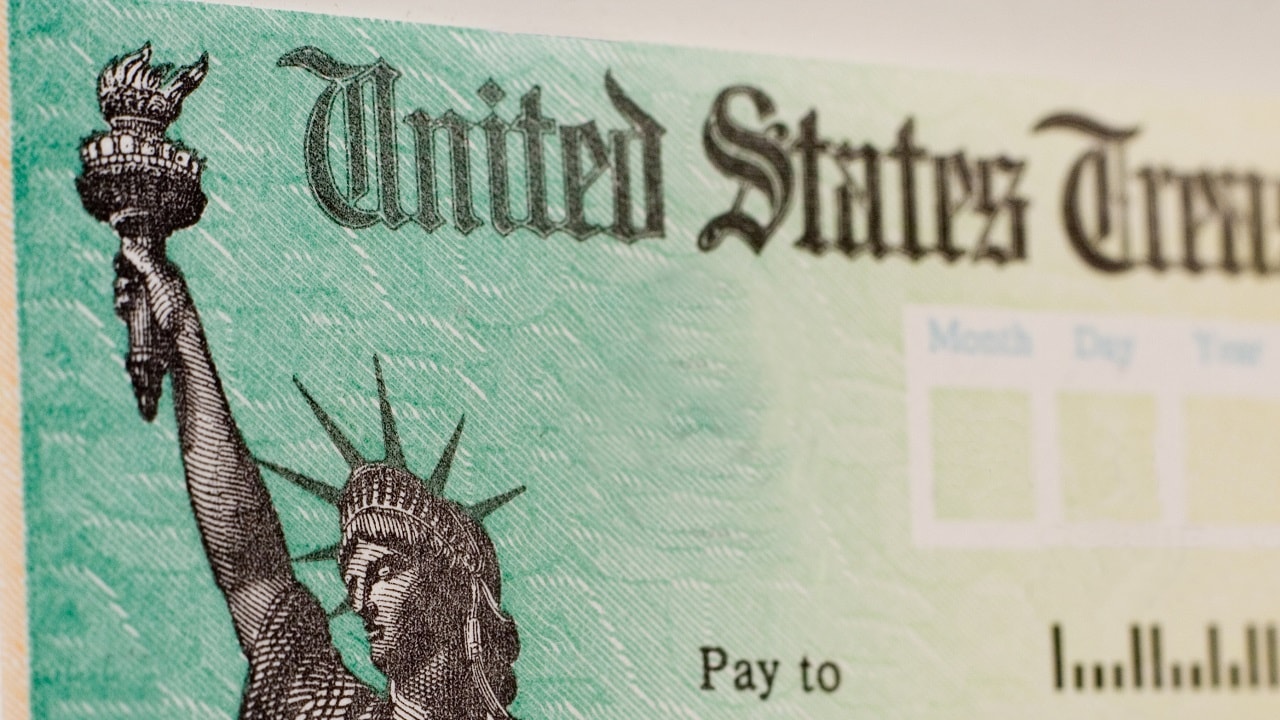
In a recent address, U.S. Treasury Secretary Janet Yellen defended the Biden administration's COVID-19 response, emphasizing that stimulus spending and policies were crucial in preventing millions from losing their jobs. Yellen highlighted the $1.9 trillion American Rescue Plan Act enacted in March 2021, which followed over $3 trillion in COVID spending during the Trump administration in 2020. She pointed out that the U.S. economy has outperformed other advanced economies in the post-pandemic recovery, with inflation rates cooling as supply disruptions have eased.
However, the impact of these massive stimulus packages has come under scrutiny. Critics argue that the stimulus checks, including the $1,400 payments, contributed significantly to the inflation that many Americans are now experiencing. Stephen Silver from 19FortyFive noted that economists are debating the necessity and size of the $2.2 trillion American Rescue Plan, suggesting that while immediate relief was essential, the long-term consequences of such spending may have exacerbated inflationary pressures.
Yellen acknowledged that the stimulus spending may have contributed to inflation but argued that it was necessary to offset income gaps for approximately 10 million jobless individuals. Without such interventions, she warned that unemployment could have surged to between 10% and 14%, leaving millions more without jobs. Notably, the U.S. unemployment rate has remained below 4% for over two years, marking a record streak not seen since the 1960s.
The ongoing discourse surrounding inflation reflects a complex interplay between fiscal policies and supply-side factors. Economist Joseph E. Stiglitz discussed the transitory nature of inflation driven by supply chain disruptions and demand shifts, emphasizing that inflation was largely a result of these disruptions and that prices would stabilize once they were resolved. Additionally, the Brookings Institution provided a counterpoint, suggesting that the COVID-19 inflation shock was primarily supply-driven due to unprecedented disruptions, with firms' margins still normalizing.
As the 2024 election approaches, rising prices have already impacted Democrats' standing, highlighting the political ramifications of economic decisions made during the pandemic. Future relief efforts will need to balance immediate support with inflation control to avoid further political damage, as noted by Paul Krugman, who suggested that 'Big Stimulus' may have lasting consequences.
Overall, the narrative surrounding inflation and economic recovery continues to evolve, with various experts contributing to a more nuanced understanding of the underlying causes and potential solutions. Yellen's defense of COVID economic policies underscores the importance of balancing immediate fiscal responses with long-term economic stability, while the lessons learned from the COVID response will likely shape future economic strategies.